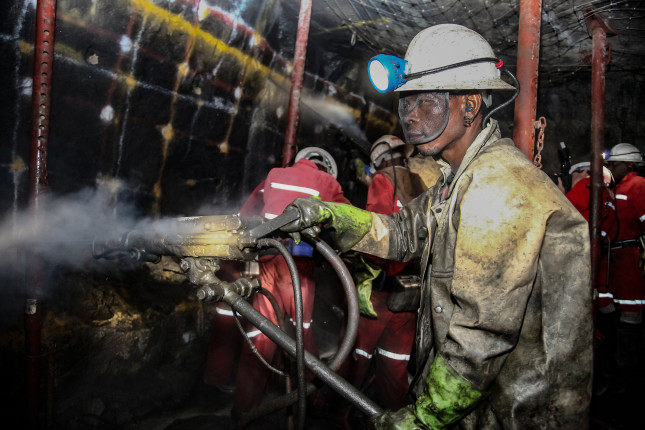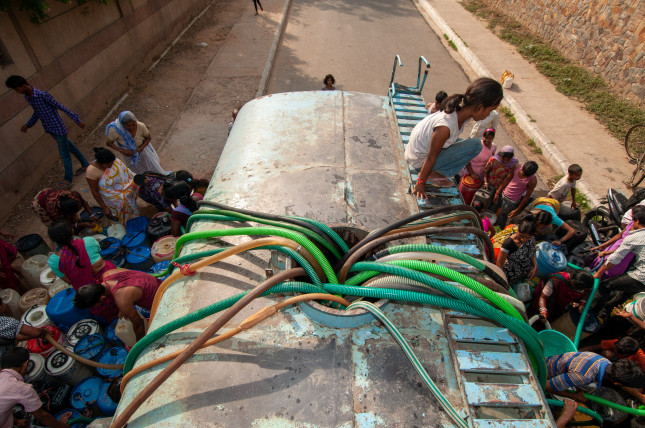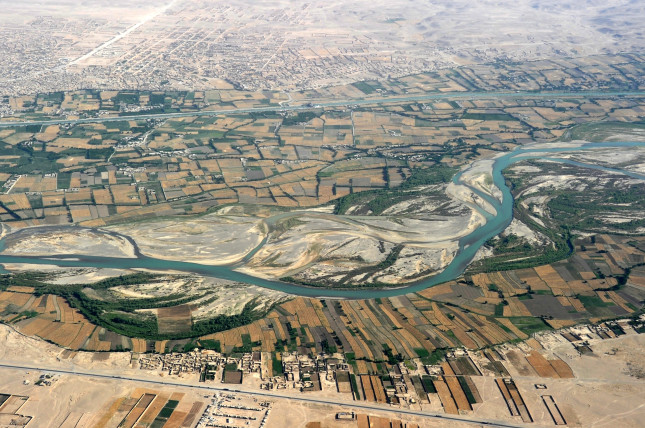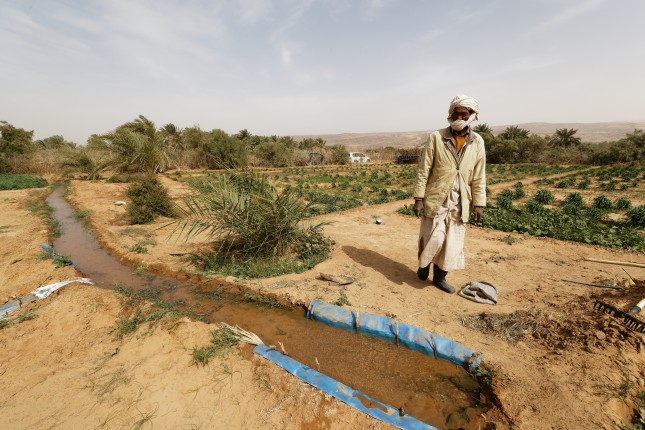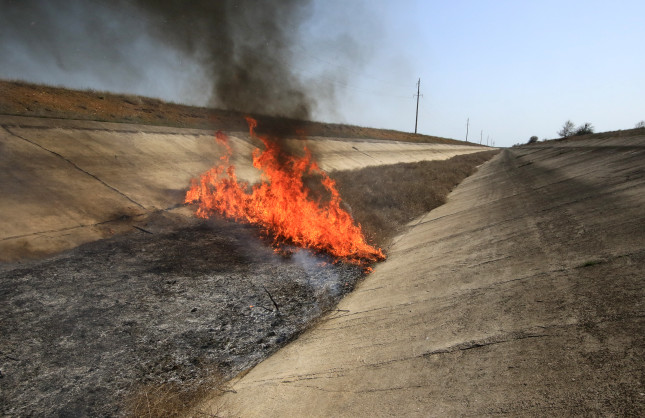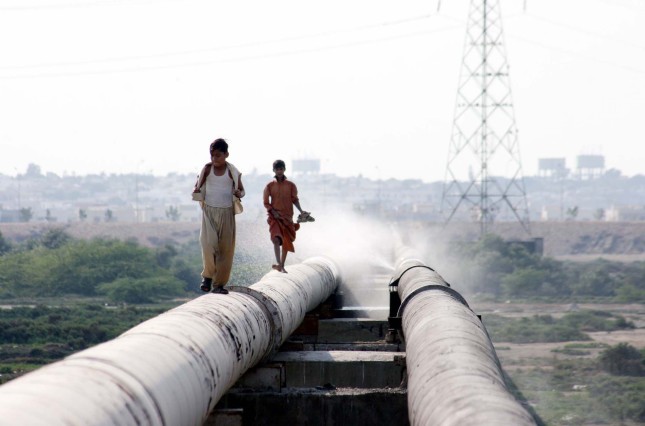-
Top 5 Posts for May 2022
›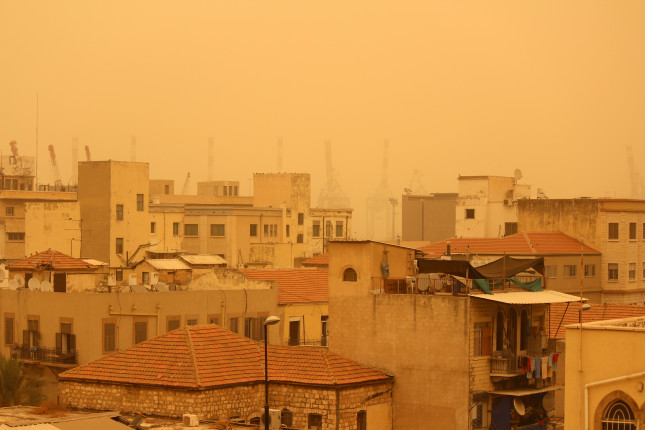
In Iraq, climate change is adding stress to an already precarious situation. Weak public services, growing unemployment, fossil fuel-related environmental and health hazards, and other factors have generated high levels of social vulnerability and contributed to recent protests. In the top post for May, Dylan O’Driscoll and Shivan Fazil write about how, against this fragile backdrop, insecurity is heightened by increasingly deadly flash floods and more frequent dust storms that pose a public health threat.
-
Sustaining Shared Waters: An African Case Study
›
As we face the twin crises of biodiversity loss and climate change, natural resource management is now more critical than ever—especially in the protection of one of our most precious resources: water.
The stakes of getting it wrong couldn’t be higher: increasing economic inequities and substandard public health for a growing population. And the evidence that such issues have won the attention of political leaders is increasing, with the June 2022 introduction of a White House Action Plan on Global Water Security that links this crucial issue directly to U.S. national security and offers pathways and proposed resources to advance progress broadly on multiple fronts.
-
The “Fuel of the Future” and Water Insecurity in South Africa’s Platinum Belt
›May 16, 2022 // By Tokollo MatsabuHydrogen fuel is becoming a central pillar of global decarbonization strategies. The hype over green hydrogen (the “fuel of the future”) and its potential to provide an abundance of low carbon fuel to transportation and industry has enticed several major emitting countries to scale up its production. And a UN-backed initiative wants to achieve a 50-fold production increase in the next six years.
-
Preventing Water Conflict Through Dialogue
›
When considering the potential effects of “backdraft” on climate change responses, the question of the world’s water future may be the most salient of all—especially as we examine water supplies and freshwater ecosystem health.
-
A Loss of Ecological Security: The Demise of the Sistan Basin
›
Water is one of the most critical factors for regional security and stability because it is multidimensional. It is an essential resource in ecosystem services & environmental security, yet its importance creates significant possibilities for insecurity—including corruption, environmental crimes, and other illegal activities.
-
Water: A matter of national security – and the best hope for our climate
› -
Hydropolitics in the Russian – Ukrainian Conflict
›
It’s telling that one of the first actions that Russian forces took in their invasion of Ukraine was to blow up a dam on the North Crimean Canal (NCC), allowing water to flow back into Crimea. The current war being waged by Russia in Ukraine has its origins in fractured and contested political history, but there are also key natural resource security questions which often go overlooked. While there are established debates about the extent to which natural resources contribute to conflict, the current conflagration exemplifies a rare use of water as a means of direct leverage in a military standoff. Regardless of the outcome of the conflict, the tensions between Russia and Ukraine over the NCC illustrate the need to consider the role of natural resources—and access to them—in broader diplomatic efforts.
-
Water Mafia and Governance in Karachi
›Water provision is “more lucrative than drugs,” said one of the interviewees in our research in Karachi, Pakistan. Competition for control of the city’s water includes water mafias and formal institutions. As water becomes increasingly scarce due to ongoing climate changes in the Indus Basin, it is already a source of intense economic and political competition. If not addressed in time, water scarcity may deepen fault lines in this highly fractured, multi-ethnic, populous city.
Showing posts from category water security.



